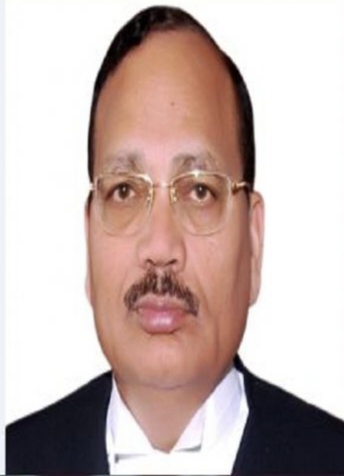Supreme Court judge Justice Surya Kant has advocated for ‘zealous’ protection of the right to freedom of speech, especially for the mediapersons.
Speaking at the launch of the book titled ‘Comparative Advertising: Law & Practise,’ written by Senior Advocate Chander M Lall, Justice Kant last week said the rights of the journalists and media have remained protected, adding that attempts to gag the media have been disapproved by courts in the past.
Speaking about constitutional and reasonable restrictions, he said much depended on a case-to-case basis.
Sometimes, it may qualify as a reasonable restriction but when it was found that in the name of a reasonable restriction, the effort was to gag the media, then this has been strongly disapproved by the courts, he added.
As per the Supreme Court judge, innovative and different ways may be devised to curtail the right to free speech but such efforts have been strongly disapproved by the courts.
He stressed on the need to zealously protect the right to free speech, adding that all measures must be taken to protect that right.
Noting that this was an innovative world, Justice Kant said people kept on inventing different kinds of methods and mechanisms to curtail the right to free speech in direct or indirect efforts.
Sometimes, they tried to misuse and trample on this right. However, in the Indian system, the freedom of speech was not only a constitutional guarantee but a part of the right to a dignified life. This right to dignified life also included the right to free speech, he added.
Supreme Court judge Justice KV Viswanathan, Delhi High Court Acting Chief Justice Manmohan and Delhi High Court judge Justice Vibhu Bakhru were also present on the occasion.
The judges, along with Senior Advocate Lall, participated in a discussion moderated by senior journalist Vikram Chandra.
Justice Viswanathan, responding to a query, said that arresting a journalist after an article was a straightforward way to gag the media. However, this was not always the case and at times, innovative ways were devised to achieve the same end.
Mentioning the Bennett Coleman case on free speech, he said the then government had just raised the duty on investment [newsprint]. The effect of it was that the papers were suffering. The courts came in and said they would look at the substance of infringement on free speech and not just the form.
The Supreme Court then struck it down tracing it to free speech. So, the corporates were protected. These things have happened, they would continue to happen and the courts would surely play a creative role in protecting the right to free speech within the four corners of the constitution, he added.
Justice Manmohan said free speech was placed on the highest pedestal and there was a need to ensure that everyone was ‘free’ after ‘speech’.


